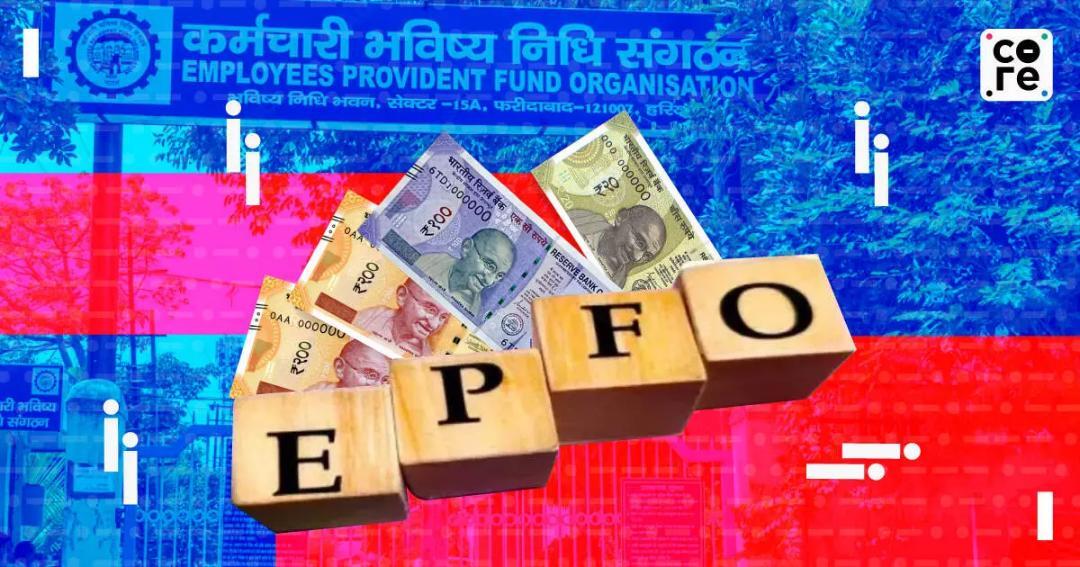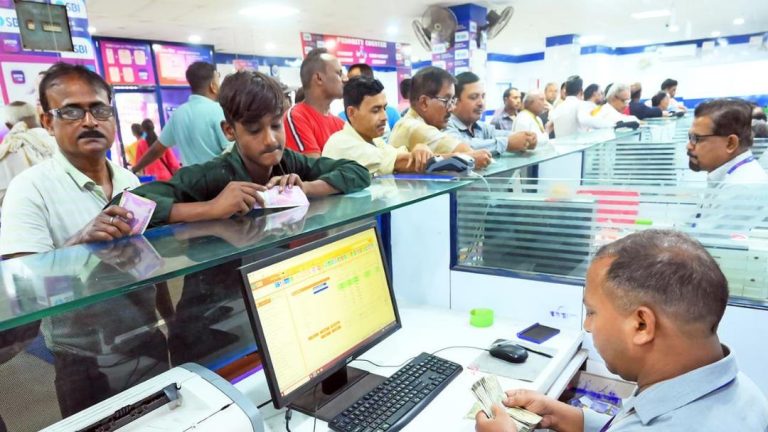
Why Millions Can’t Access Their Own PF Savings
The Employees’ Provident Fund Organisation (EPFO), India’s social security institution, has been at the forefront of digital reforms to simplify access to retirement savings for millions of Indian workers. However, despite these efforts, a significant number of individuals are finding themselves locked out of their own accounts. The issue is multifaceted, with problems ranging from missing balances to a surge in claim rejections and the proliferation of “fixers” who promise to resolve the issue for a fee.
In this blog post, we will delve into the reasons behind this phenomenon and explore the consequences of a system that was meant to protect workers but has instead become a source of frustration and fear.
The Digital Shift
In recent years, EPFO has made significant strides in digitizing its services to improve the overall experience for subscribers. The organization has introduced online platforms for claiming PF withdrawals, pension payments, and other benefits. This shift was intended to streamline the process, reduce paperwork, and make it easier for workers to access their savings.
However, the digital transition has not been without its challenges. Many subscribers have reported difficulties in accessing their accounts, with some even receiving incorrect or incomplete information. This has led to a sense of uncertainty and mistrust among workers, who are struggling to comprehend the complexities of the system.
Missing Balances
One of the most common issues faced by EPFO subscribers is the problem of missing balances. In some cases, workers have reported that their balances have been depleted or are incorrect, leaving them with insufficient funds to meet their financial obligations.
The reasons for these discrepancies are varied, with some blaming technical glitches, while others attribute it to human error. Whatever the cause, the consequences are clear: workers are left struggling to make ends meet, and the trust in the system is eroded.
Claim Rejections
Another issue that has emerged in recent times is the spike in claim rejections. EPFO has introduced a new system of claim processing, which is intended to speed up the process and reduce errors. However, some workers have reported that their claims are being rejected without adequate justification.
This has led to frustration and disappointment among workers, who are left wondering why their claims are being denied. The lack of transparency and communication from EPFO has only added to the sense of uncertainty and fear.
The Rise of “Fixers”
In the midst of these challenges, a new industry has emerged: the “fixers.” These individuals claim to have the expertise and connections to resolve the issues faced by workers, often for a fee. While some of these “fixers” may be genuine, others are nothing more than scammers who prey on the desperation of workers.
This has created a new layer of complexity, with workers struggling to distinguish between legitimate and illegitimate fixers. The rise of this industry has also led to a sense of mistrust, as workers begin to question the integrity of the system.
Consequences
The consequences of this situation are far-reaching and have significant implications for the lives of millions of Indian workers. The lack of access to their own savings has left many workers struggling to meet their basic needs, including food and shelter.
The erosion of trust in the system has also led to a sense of disillusionment among workers, who are beginning to question the purpose of EPFO. This has serious implications for the social security institution, which relies on the trust and cooperation of its subscribers to function effectively.
Solutions
So, what can be done to address these issues and restore the trust of workers in the EPFO system? First and foremost, EPFO needs to take a more proactive approach to resolving the problems faced by subscribers. This includes providing clear and transparent information about the status of claims and balances, as well as ensuring that workers are given adequate support and guidance throughout the process.
Secondly, EPFO needs to take steps to address the issue of missing balances and claim rejections. This includes conducting thorough investigations into the causes of these discrepancies and taking corrective action to ensure that workers receive the benefits they are entitled to.
Finally, EPFO needs to take a more robust approach to tackling the problem of “fixers.” This includes working with law enforcement agencies to identify and prosecute scammers, as well as educating workers about the risks and consequences of dealing with unscrupulous individuals.
Conclusion
The EPFO system was meant to provide a safety net for Indian workers, allowing them to plan for their retirement and ensure a secure financial future. However, despite its best efforts, the organization has faced significant challenges in recent times, leaving millions of workers struggling to access their own savings.
The issues of missing balances, claim rejections, and the rise of “fixers” are complex and multifaceted, requiring a comprehensive approach to resolve. By taking a more proactive and transparent approach, EPFO can restore the trust of workers and ensure that the system continues to serve its intended purpose.
Source: https://www.thecore.in/business/why-millions-cant-access-their-epfo-savings-839805






